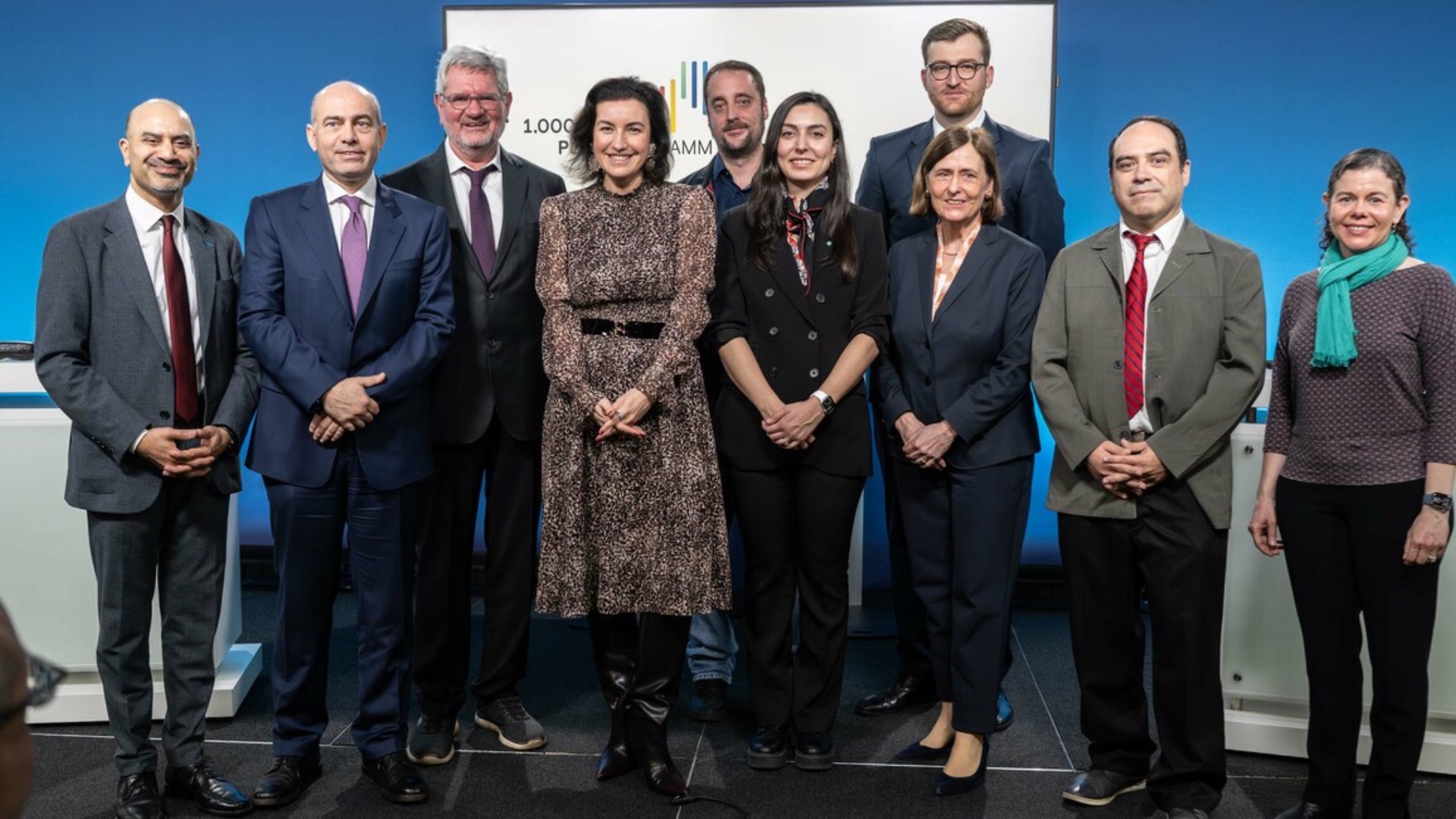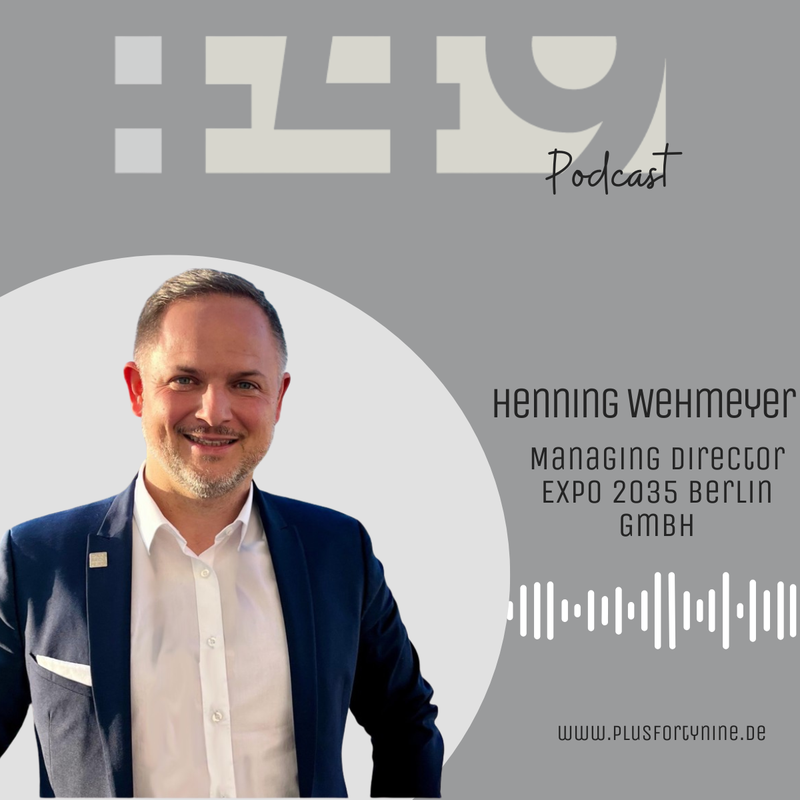Germany’s migration debate is heating up again—but not necessarily in the right direction. Recent political discussions, especially around Interior Minister Alexander Dobrindt’s proposed tightening of asylum rules, continue to blur a crucial distinction: that between *refugees* and *migrants who are already integrated, working, and sustaining the German economy*.
While policymakers focus on limiting asylum applications and expanding deportation measures, another crisis is quietly unfolding—one that could undermine Germany’s future competitiveness. Across sectors from construction to healthcare, the lack of qualified professionals is reaching critical levels. And despite clear evidence that Germany’s prosperity depends on foreign labor, the tone of public discourse risks alienating the very people the country needs most.
A Shortage Too Big to Ignore
Recruiting expert Anna Hocker, co-founder of BauGPT, warns that by 2030 Germany could lose up to 30 percent of its skilled workers in construction and related trades. With nearly 20 million people heading into retirement and only 12 million new entrants to the workforce, the math simply doesn’t add up. „A huge gap can only be filled with skilled foreign workers,“ Hocker told the *Frankfurter Rundschau*.
But language remains a barrier — and sometimes a safety risk. „On construction sites, understanding commands like *‘Schnell, aus dem Weg!’* can be a matter of life and death,“ says Hocker. Proficiency in German is increasingly decisive for hiring, yet companies still struggle to offer sufficient language training or to adapt workflows to a multilingual environment.
The Pressure on Healthcare
The same story plays out in hospitals and clinics. More than 15 percent of all doctors in Germany now hold foreign passports — a number that has doubled over the past decade. The government plans to simplify and speed up recognition procedures for foreign medical qualifications, acknowledging that without international professionals, the healthcare system cannot function.
Still, these steps remain technical fixes within a much larger cultural problem: Germany relies on migration but continues to speak about migrants largely in terms of control, not contribution.
Politics Framing Migration as a Threat
At a recent meeting with EU interior ministers, Dobrindt proposed tougher asylum rules, including return centers in third countries and unbefristete Abschiebehaft (indefinite detention for deportable offenders). Even though asylum applications are already declining, the political energy remains fixated on restriction.
Meanwhile, economists warn that without skilled migration, the Energiewende — the country’s transition to renewable energy — will falter. A 2024 study by the Institute of the German Economy found that more than 18,000 electrician positions remain unfilled, directly slowing the rollout of solar and wind infrastructure.
Why the Distinction Matters
Bundling all migration issues together may be politically convenient, but it is economically short-sighted. The young engineer installing solar panels, the nurse from the Philippines caring for the elderly, and the Polish foreman supervising a construction crew are not part of the same policy conversation as asylum seekers fleeing war. They represent the workforce that keeps Germany running — and their long-term decision to stay depends on feeling recognized, not stigmatized.
Germany must begin to make this distinction more clearly, both in its policies and in its public discourse. Otherwise, the people who came here to build a life — and to help build the country’s future — might simply decide to build it elsewhere.














